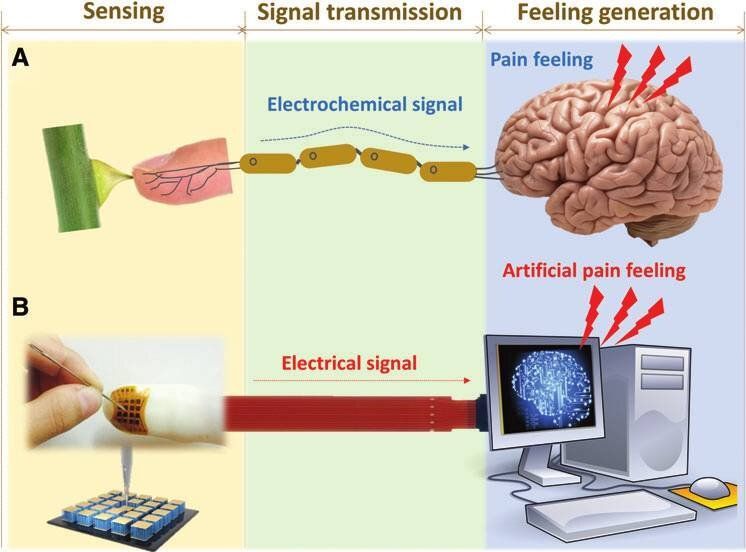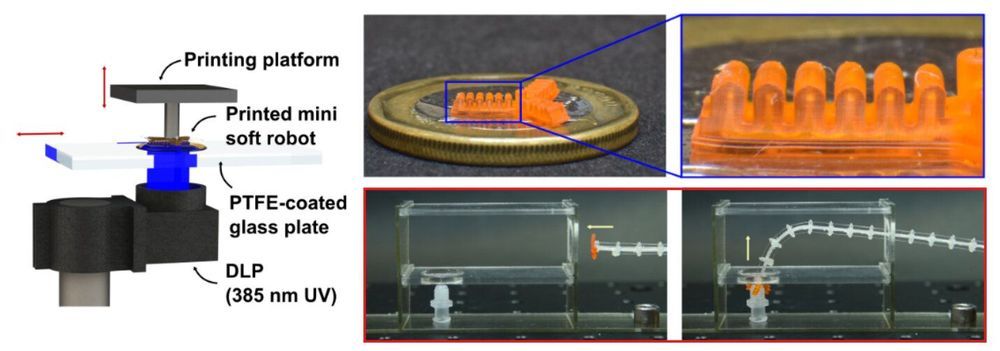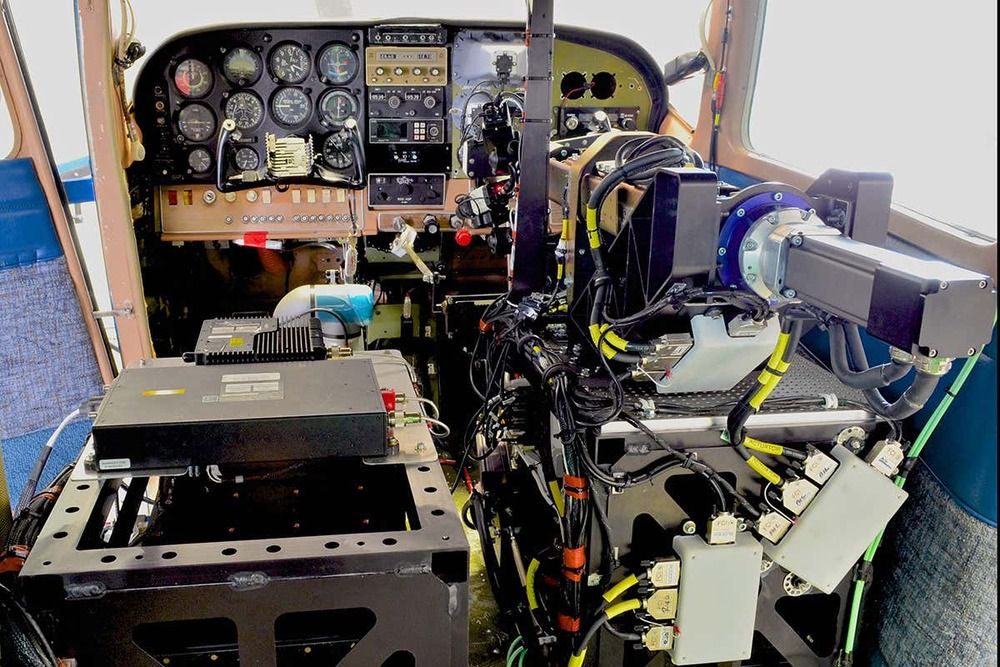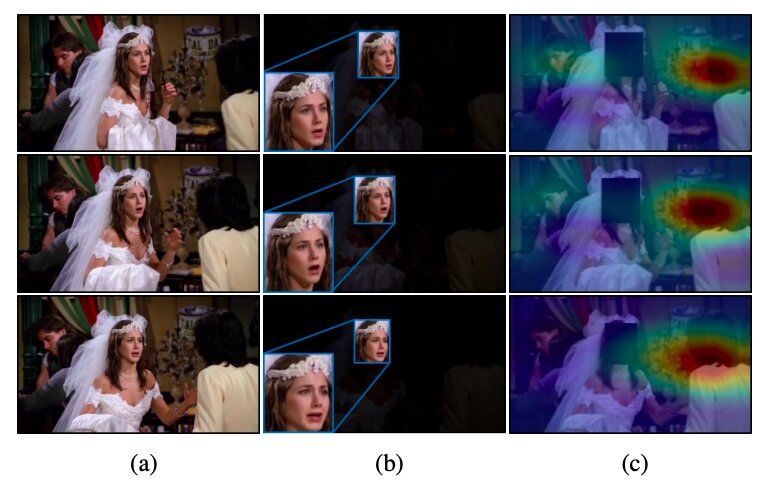There are good technical reasons why prototypes use the ancient game of Zenet as the interface. Although I do not rule out alternative approaches using the underlying designs and principles, there are unique reasons to choose Zenet — the only method recorded in ancient Egypt whereby the dead and living could communicate. Notwithstanding my background in neural net and hybrid AI in game software development, especially active divination systems; Zenet is the most elegant solution to bridge the worlds (between living and dead) since the rules and objectives vary slightly between the two, and smooth transition between these perspectives can occur in real-time. An objection to Cryogenics is the dead take energy and resources from the living. By making the Zenet boxes solar powered this will not impact on resources of the living, and also will provide a more authentic experience of sun rise and solar changes, important in solar theology of Ra and in Zenet. The game concerns movement of the solar b(ark). On a pragmatic note — the range of awareness can extend just to events and moves in the Zenet game. Even this task is far from trivial using silicon technology, and I don’t envisage anything like “full resurrection” or retention of current memories and so on as feasible for some time.






